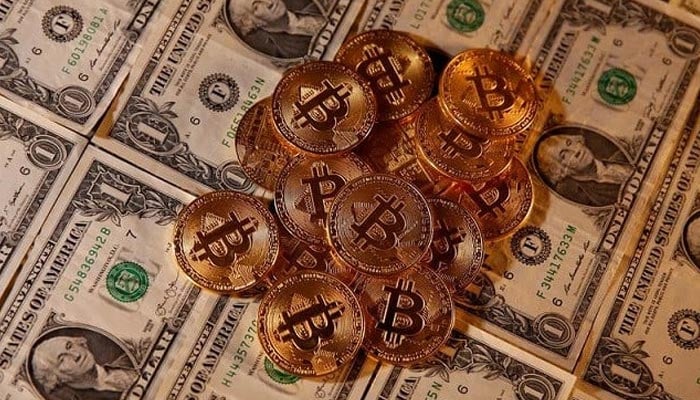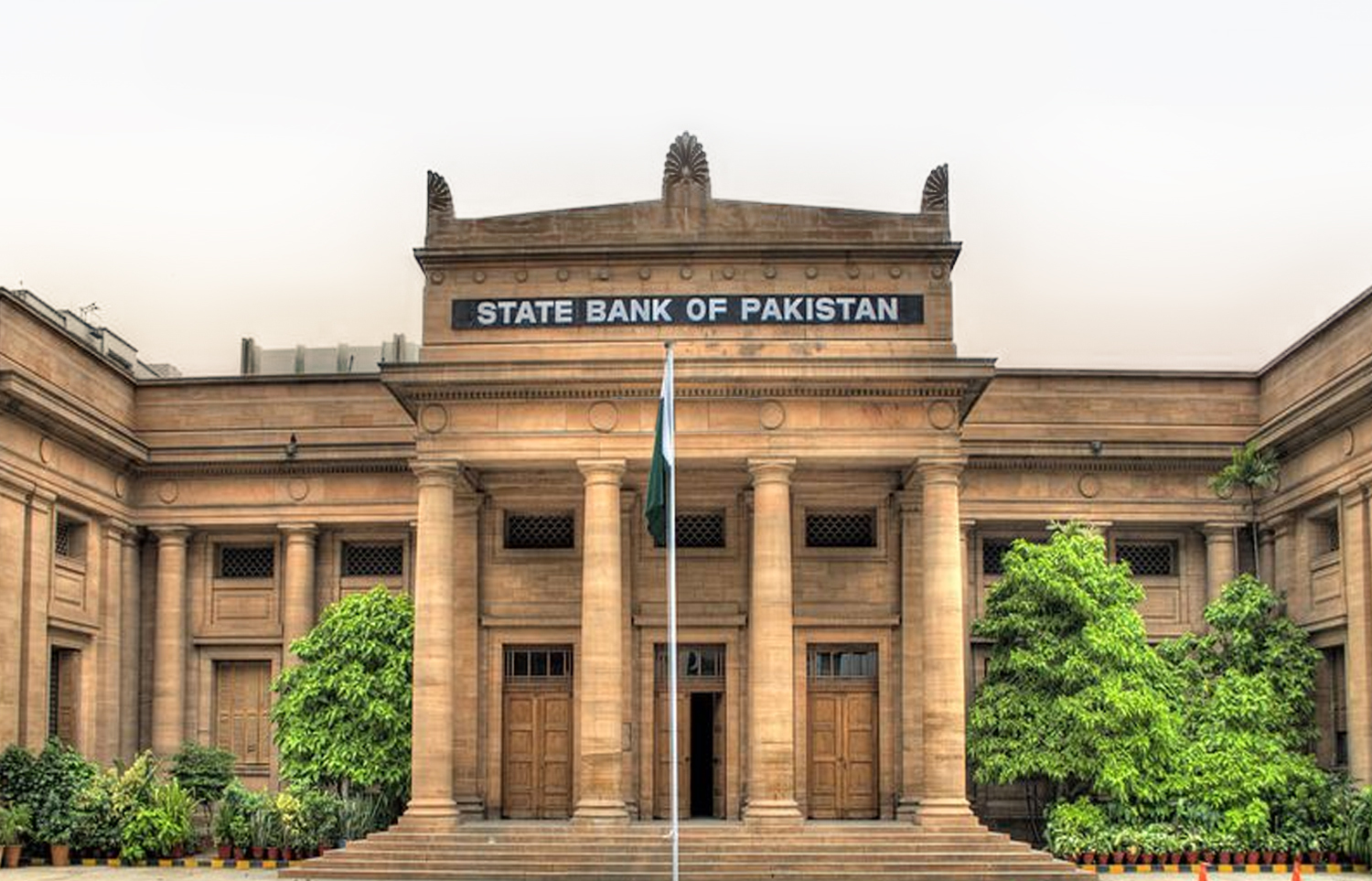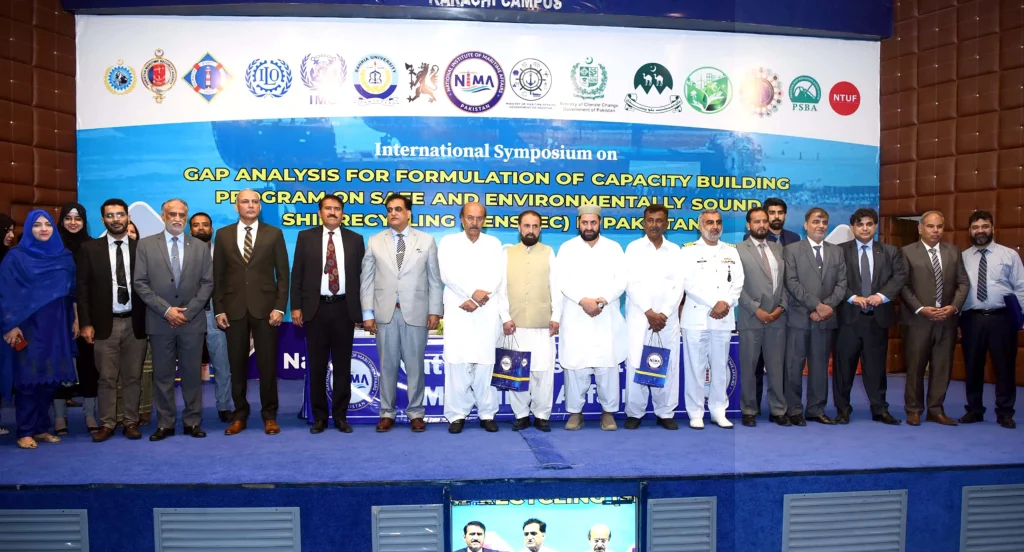Pakistan has decided to suspend cryptocurrency services available on the internet in the country to prevent illegal digital currency transactions as per the guidelines of the global anti-terror financing watchdog, the federal government said Wednesday.
Adhering to the directives, the State Bank of Pakistan (SBP) and the Ministry of Information Technology have initiated work on banning cryptocurrencies.
Briefing the Senate Standing Committee on Finance, Minister of State for Finance and Revenue Dr Aisha Ghaus Pasha asserted that cryptocurrency will “never be legalised in Pakistan”, revealing that the Financial Action Task Force (FATF) has also imposed restrictions.
“FATF had set a condition that cryptocurrency will not be legalised,” she maintained.
Endorsing Pasha’s views, SBP Director Sohail Jawad said that crypto transactions involve “high risk”; therefore, it will never be granted permission in Pakistan.
“Cyrtocurrency is virtual currency and more than 16,000 types have been formed so far,” he said, adding that the $2.8 trillion market has now shrunk to $1.2 trillion.
Pakistan Peoples’ Party (PPP) Senator Saleem Mandviwalla raised concerns over the billions of dollars invested in the market. Addressing the concerns, the SBP official said that the Federal Investigation Agency (FIA) and Financial Monitoring Unit (FMU) — a financial intelligence unit which helps Pakistan to fight against terrorism financing and money laundering — are working on this.
Pakistan has seen a boom in trading and mining cryptocurrency, with interest increasing in thousands of views of related social media videos and online exchange transactions.
Cryptocurrency mining flourished in Pakistan until April 2018 when the government banned trading and mining virtual currencies. There is still a growing mining industry despite the fact that many mining farms have been shut down since this ban was implemented.
Most exchanges operate through ghost partners and never show on the regulatory radar. However, the government has been making continuous efforts to stop crypto trading.

 Latest News3 days ago
Latest News3 days ago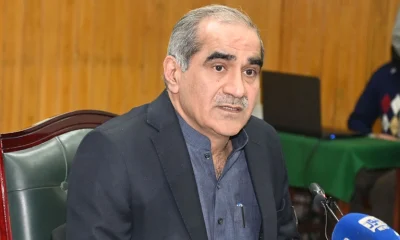
 Latest News3 days ago
Latest News3 days ago
 Latest News3 days ago
Latest News3 days ago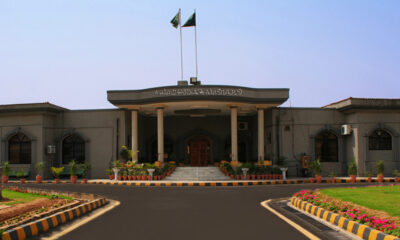
 Latest News3 days ago
Latest News3 days ago
 Latest News31 mins ago
Latest News31 mins ago
